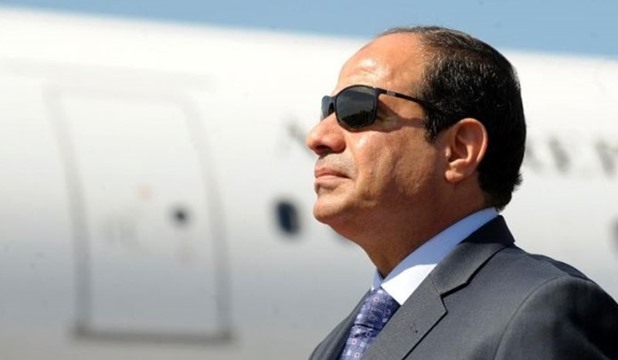The BRICS group of five emerging economies (Brazil, Russia, India, China and South Africa) held their 9th summit in the Chinese city of Xiamen (3-5 September). The Summit aimed to build a new platform of cooperation within BRICS and hosted countries for joint development, cooperation and partnership pacts within their markets. The Summit reflected a sound, ethical foundation and a balanced agreement towards win win relationships cooperation between nations towards sustainable development and promoting peace.
President Abdel-Fattah El-Sisi’s invitation to attend the ninth BRICS Summit meeting in China last week, whose slogan is “A Stronger Partnership for a Brighter Future”, is part of the growing comprehensive and strategic partnership set during the president’s earlier visit to China in 2014. Egypt and China are two of the world’s oldest civilisations and also two of the most populated. They are both rich in natural and archeological treasures and, as great empires, have left big impacts in history. In the modern history of bilateral relations Egypt was the first Arab and African country to recognise the communist government of
the People’s Republic of China in 1956. As per 2013 indicators, Trade between Egypt and China amounted to $10.3 billion, of which $1.9 billion were Egyptian exports to China and $8.4 billion were imports from China, according to government figures.
Egypt is China’s gateway to the Middle East and the African continent. There has been a significant flow of Chinese investments in the fields of technology and telecommunications, the development of infrastructure and innovative industries built on the exchange of experiences. The cooperation between Egypt and China is also growing on the frontiers of the Asia-Africa- Europe Road and Belt Initiative, in which interconnected lanes of shipping and land convoys will link China and the southern and western parts of Asia. In addition, there is the maritime Alexandria-Cape Town axis which will connect Egypt with the African and the BRICS countries. The Suez Canal Authority (SCA) has also adopted the Chinese yuan as part of the basket of currencies it receives as revenues from the passage of ships through the Suez Canal and based on the recognition of the yuan by the International
Monetary Fund within its basket of special drawing rights. This decision by the SCA should result in facilitating the movement of Chinese ships through the Canal and thus promoting its trade route.
There are several advantages to joining the BRICS, particularly since the group has formulated a BRICS Economic Partnership strategy that aims at deepening economic cooperation and fostering integrated trade and investment markets. The BRICS countries have also deepened their economies establishing the New Development Bank (NDB) and the Contingent Reserve Arrangement (CRA) to promote global economic governance and development of the BRICS and other emerging markets and developing countries.


